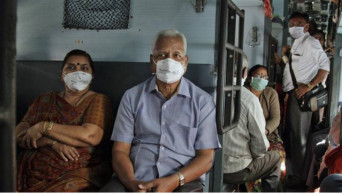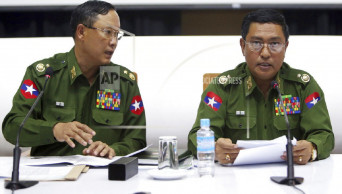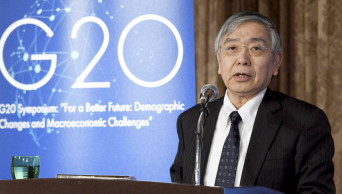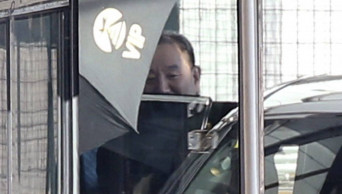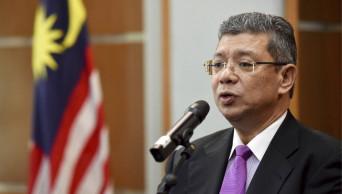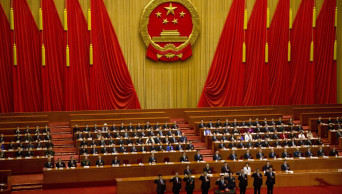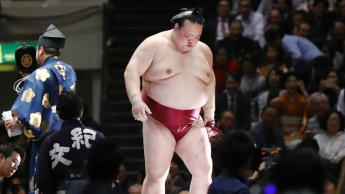Asia
Swine flu kills at least 48 in India
Dhaka, Jan 20 (UNB) - At least 48 people have died and 1,173 have tested positive for swine flu since the beginning of the year in a western Indian state popular with foreigners, according to authorities.
Myanmar army ordered to take offensive against Arakan Army
Naypyitaw, Jan 18 (AP/UNB) — Myanmar's military announced Friday that the Arakan Army, a Buddhist rebel group in Rakhine state, has been classified a terrorist organization after mounting a flurry of recent attacks.
Indian guru gets life sentence in murder of journalist
New Delhi, Jan 18 (AP/UNB) — An Indian court sentenced a popular and flamboyant spiritual guru and three followers to life in prison on Thursday in the murder 16 years ago of a journalist who published a letter about the guru's alleged sexual exploitation of women.
BOJ warns Japan faces new risks as population shrinks
Tokyo, Jan 17 (AP/UNB) — Japan faces unforeseen risks in guiding economic policy as its population of about 126 million ages and declines, the governor of its central bank said Thursday.
Taiwan holds live-fire exercises following China threats
Hsinchu, Jan 17 (AP/UNB) — Taiwan held live-fire exercises along its east coast Thursday amid renewed threats from China to bring the island under its control by force if deemed necessary.
North Korean official reportedly heading to US for talks
Beijing, Jan 17 (AP/UNB) — A senior North Korean official has arrived in Beijing, reportedly en route to the United States for talks ahead of a possible second summit between President Donald Trump and North Korean leader Kim Jong Un.
Malaysia says it won't host any more events involving Israel
Putrajaya, Jan 16 (AP/UNB) — Malaysia's foreign minister said Wednesday that the government will not budge over a ban on Israeli athletes in a para swimming competition and has decided that the country will not host any events in the future involving Israel.
US assessment raises concerns over China attacking Taiwan
Washington, Jan 16 (AP/UNB) — Amid increasing tensions with Beijing, the Pentagon on Tuesday released a new report that lays out U.S. concerns about China's growing military might, underscoring worries about a possible attack against Taiwan.
Fight against India joins 2 Kashmir teens in life and death
Hajin, Jan 16 (AP/UNB) — On a hot day in August, members of a Kashmiri youth soccer team watched their 16-year-old captain, Saqib Bilal Sheikh, and goalkeeper Mudassir Rashid Parray, two years his junior, walk off the field toward a man on a motorcycle. The two teenagers were not seen again until months later, when they were returned to their hometown in body bags.
Japanese grand champion Kisenosato retires from sumo
Tokyo, Jan 16 (AP/UNB) — Grand champion Kisenosato, the only Japanese wrestler at sumo's highest rank, has decided to retire after three straight losses at the New Year Grand Sumo Tournament.
